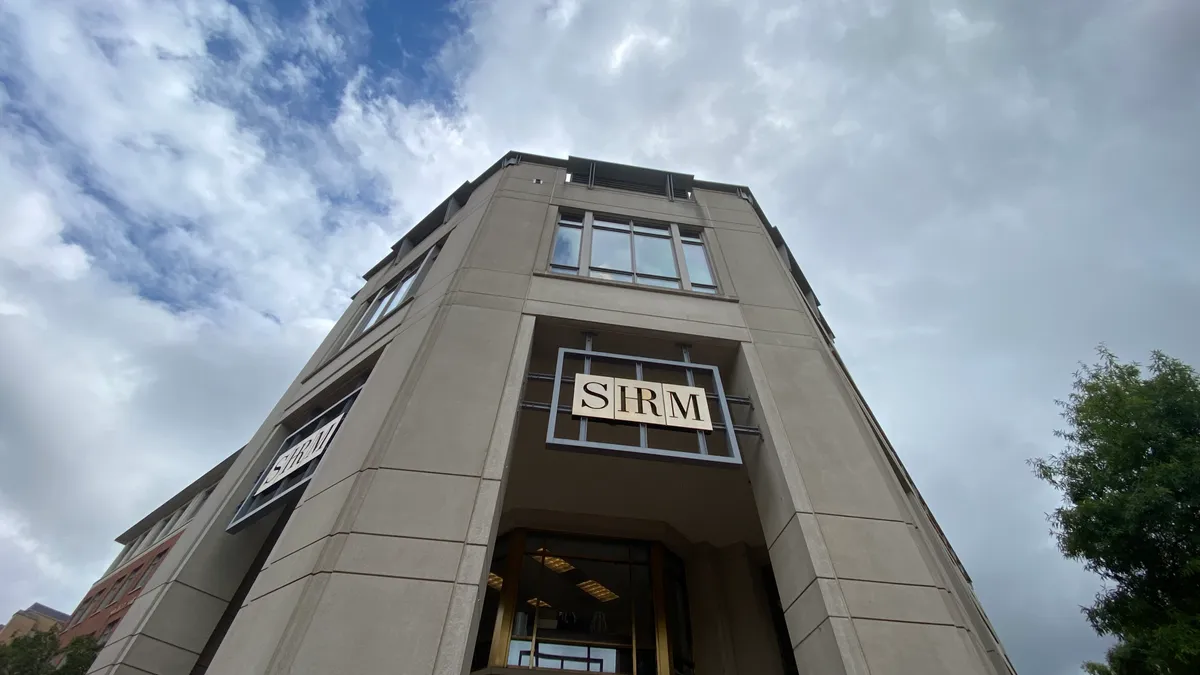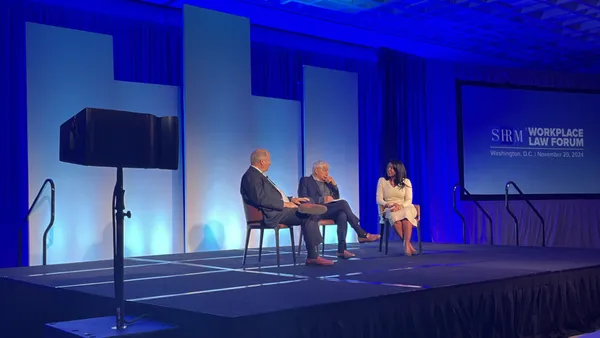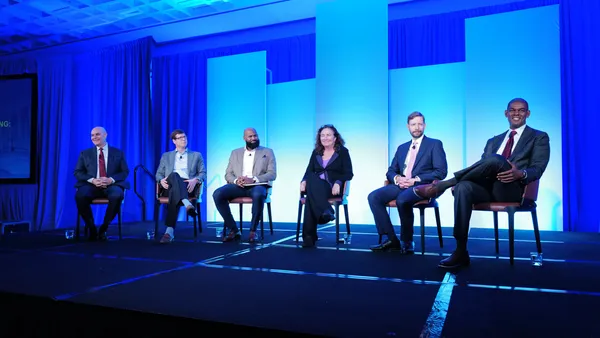Editor's note: This is a contributed piece by Ben Goldberg, CEO of CareerBuilder Employment Screening.
In any job market — but perhaps even more so today — top talent can come and go in the blink of an eye. Based on the pace needed to secure these top performers, you need to be nimble and poised to react quickly and efficiently to ensure you get the best available candidates — and not let the fruits of your labor be brought to a halt with a delay in the background check. A poorly conducted background check is one of the most common reasons employers lose candidates; 34% of employers say they have lost candidates because background screening took too long.
When you are set up with a background check service, you select the components of a background check and the operational procedures the provider is to follow. If not understood, you can make decisions that result in background checks taking up to five days rather than one or three days. Below are five strategies to help optimize your background check process for speedy, compliant and accurate results:
-
Know your process: According to a CareerBuilder survey, less than half of HR managers who conduct background checks (44%) have tested their background check experience themselves. When employers do test their process, they identify a less than ideal candidate experience, with around 1 in 6 (14%) rating their background check candidate experience as fair or poor. Not only is it important for employers to experience the process firsthand to make sure it is easy and straightforward, it’s important to seek direct feedback from your candidates.
-
Communicate: Candidate engagement in the screening process is an essential component of creating a frictionless, efficient, program. Communicating to the candidate ahead of time their role in the screening process helps create urgency and is furthered by advising what information they will need available to complete the process. Reports get delayed when candidates wait to fill out forms, have to look for information, or skip critical steps in the process that limit the start of the screening process. All the while, a CareerBuilder survey of candidates found 65% continue looking for other employment while the background check process is in flight.
-
Know what you need: There are different types of criminal searches available to be conducted, each with a different level of diligence. Speed, search coverage and cost are critical elements in defining screening strategy and aligning with program goals. It is important to analyze and understand the various searches to evaluate the differences when aligning the search strategy with the program outcomes.
-
Pick the right provider: While cost is certainly an important factor when selecting a background check provider, basing your decision solely on that could affect your turnaround time — resulting in higher costs. The cheapest provider isn’t necessarily the most thorough or fastest provider.
-
Be as efficient as possible: Work with a background check provider that can integrate with your ATS to provide you and your candidates with a seamless user experience.
Experienced recruiters and hiring managers understand background checks are not only a critical part of the hiring process, they are a great deal more complicated than merely putting a name in a system and checking the result. A thorough, compliant background checking process requires specialized knowledge and resources. This is particularly true since employment screening is a highly regulated area. The best way to speed up the process is to understand exactly what is involved in facilitating the smooth flow of accurate data.













